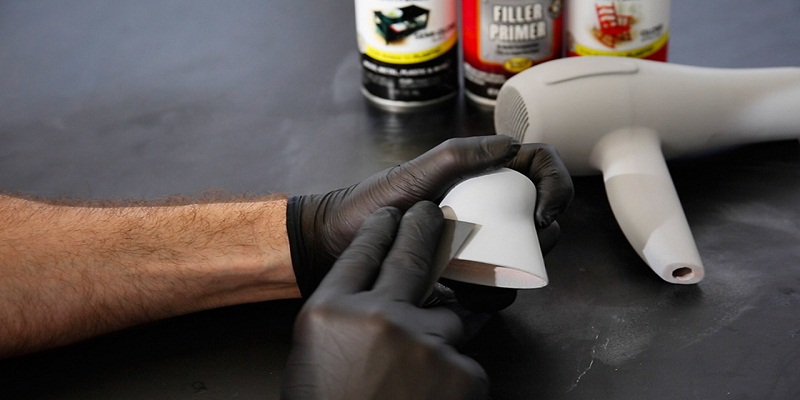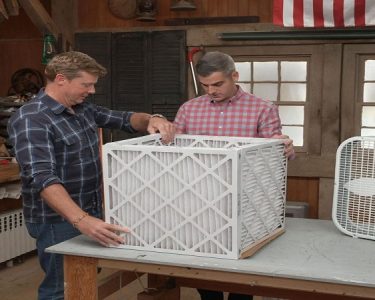Plastic is a material which is being used worldwide for making different things. Plastic is a strong material and does not break away so soon but when it breaks, you must know about the ways to repair it. The best way to repair the plastic is to use the glues which are especially made for the plastics. Today, we will let you know about the tips to choose the best glue for plastic, kindly keep reading on.
Choose Appropriate Environment
Many sorts of glue for plastic are exceptionally unpredictable and might be combustible. Temperature of the place also matters a lot when you are applying glue on the plastic. Clean the plastic before applying the glue. Humidity affects the bonding of glue so; you must not be present in the environment where humidity is too much. You should join the plastic with glue in normal temperature if you want to do your work properly and quickly.
One must be very careful while choosing a glue to join the plastic. There is some glue which can damage the plastic surfaces because of reactive chemicals in them. There are two different types of glues present in the market, which are as follows;
- Responsive glues
- Non-receptive glues
Responsive Glues
When cured, the segments solidify and follow. The glue is connected to it is possible that either of the materials being fortified. These glues for plastic contain at least two segments (a base pitch and an impetus) which artificially respond when combined. To apply, the client combines the parts, per the maker’s bearings. For instance, Loctite Super Glue Plastics Bonding System with Activator is the best Responsive glues for plastic.
Non-Receptive Glues
Solvent glue is generally bundled in tubes and are less demanding to handle and apply. For instance, J-B Weld MinuteWeld and Model Master are the best non-receptive glues.
Check the Bonding
You will need to keep pressing the pieces together for couple of minutes to make sure the pieces are joined properly. After joining the pieces together, you will need to clean the plastic and then check that portion which has been bonded with glue. If the part of plastic is not joined properly then you will have to apply the glue again.
Store the Glues in Proper Place
You must close your glue properly and store it at a proper place. The glues need a proper storage place which is not moist or cold. By following these tips you will surely find the best glue for plastic.
Plastic is a very much useful material and can hardly get broken, but when they do, it is very tough for people to repair them as they do not know which glue to use. For this purpose, I am here to give you info about the glue types to make it simple for you to choose the best glue for your broken plastics.
Epoxy
Epoxy can even cure submerged and is impervious to water. It is a thermosetting polymer made by a manual response of a pitch and a hardener. It is otherwise called polyepoxide. Epoxy tar and epoxy hardener are combined to various proportions relying on the necessities of the client. For example, the J-B Weld MinuteWeld is one of the best epoxy glue for plastic.
Cyanoacrylate
It is perfect for a very strong bond between two identical or different surfaces. The response is brought on by the dense water vapor on the surfaces. This glue is very easy to use and it dries up quickly. Due to this reason, after applying this glue, join the pieces together. The bond appears to debilitate if presented over and over to temperature changes so it is not perfect for open air or mechanical utilize.
Hot Melt
In mechanical utilize, hot liquefy glues give a few points of interest over dissolvable based glues. Hot soften glues contain an extensive variety of components, including ethylene-vinyl acetic acid derivation, wax, gum and any combination of polyamide, polyethylene, polyester or polypropylene. Hot soften glues does not weaken so quickly and if you want to remove it then you can also do it without having difficulty.
Methacrylate
It is better than the epoxies because they are strong enough. You can easily apply it and after a little time, join the pieces together with a push. If you want to repair your broken plastic in a short time, then you must use this type of glue. You will need to blend this glue in water and then use it otherwise it would not work. You can easily use it with plastic and steel. The example of Methacrylate glue is Loctite Super Glue.
Urethane
Urethane is not useful glue as it does not dries up quickly and very difficult to use. Once you apply it, you will need to wait for hours until it completely dries up. It is very difficult to deal with too. The atmosphere around you always matter a lot while using this glue. If you are doing work in the environment where the humidity is too much then the glue will take more time than usual to dry up. It is not commonly used for thick plastics but is used for thin plastics.
Solvent Cement
When you want to join the two pieces with glue, you must use that glue which is strong. The solvent cement is one of the best and strong glue types. You can use it either for thick or thin plastics. It dries up quickly and it works best for PVC and ABS. Just apply it and join the pieces together. The best solvent cement glue is the Model Master Liquid. Now you can read more reviews about glue for plastic in order to get the best one.





